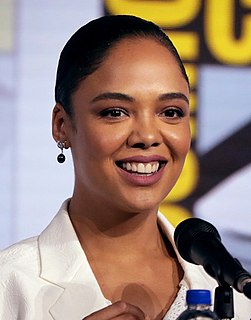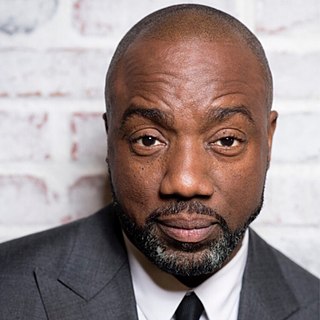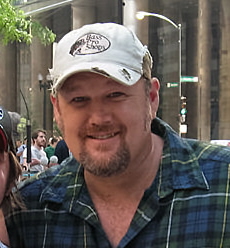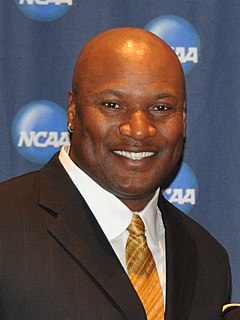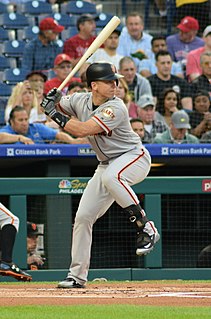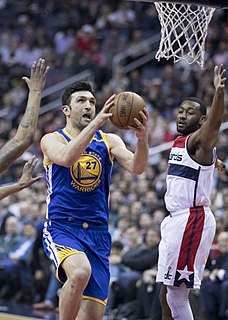A Quote by Kareem Abdul-Jabbar
When I was 17, I worked in a mentoring program in Harlem designed to improve the community. That's when I first gained an appreciation of the Harlem Renaissance, a time when African-Americans rose to prominence in American culture. For the first time, they were taken seriously as artists, musicians, writers, athletes, and as political thinkers.
Related Quotes
I am particularly conscious of my connection to the poets of the Harlem Renaissance because I, too, am a Black poet, born into, and shaped by, the very community in which those poets of the past produced so much of the work we associate with the Harlem Renaissance. We speak from the same place, both literally and metaphorically.
When I think of the Harlem Renaissance, I think of bright colors, and bold, dynamic art. African American artists of the period were, in large measure, breaking out of the constrictions white society had set for them. They were claiming and remaking their own images, and doing so in bold and striking ways.
The short-range involves the long-range. Immediate steps have to be taken to reeducate our people into the, a more real view of political, economic, and social conditions in this country, and our ability in, in a self- improvement program to gain control politically over every community in which we predominate, and also over the economy of that same community as here in Harlem. Instead of all the stores in Harlem being owned by white people, they should be owned and operated by black people.
Sara Blair's Harlem Crossroads is an important addition to the body of literature that currently exists about Harlem. It brilliantly illuminates the complex relationship between photographic representation and race, and adds new insight into the ways in which this one black community has figured in both the critical and public imaginations. Harlem Crossroads is a tour de force.
I think probably one of the coolest things was when I went to play basketball at Rucker Park in Harlem. First of all, who would think that Larry the Cable Guy would go to Harlem to play basketball? And I was received like a rock star. It was amazing! There were people everywhere. There were guys walking by yelling, Git r done!
I think probably one of the coolest things was when I went to play basketball at Rucker Park in Harlem. First of all, who would think that Larry the Cable Guy would go to Harlem to play basketball? And I was received like a rock star. It was amazing! There were people everywhere. There were guys walking by yelling, 'Git 'r done!'





